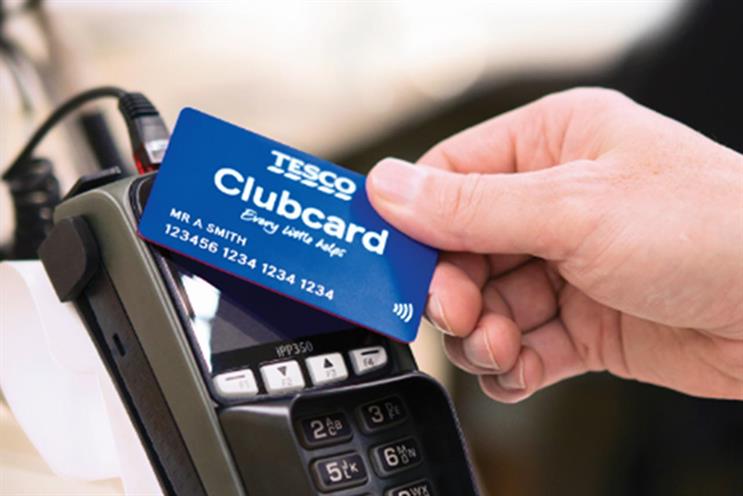Once upon a time – in the days before direct marketing became CRM, and CRM then became customer engagement – when you said "loyalty" to a client, they said "Tesco", followed by "I want a programme just like theirs."
to Tesco’s changes to its Clubcard scheme shows that those days have long since gone.
Sure, poor communication was, to an extent, to blame for the furore. Tesco’s approach to communicating the changes to Clubcard holders (including dropping the value of some rewards) wasn’t great. A blanket email to customers on a mid-January Monday morning is hardly conducive to building warmth and cheer among your most loyal shoppers.
In response to consumer and media pressure, , in part to allow those who hoarded vouchers to spend them at the previously advertised rates.
Yet the anger is indicative of something more fundamental – that, from the start, the UK’s biggest supermarket created a transactional, points-make-prizes programme, rather than something that would build a deeper connection.
Amazon Prime is a part of Amazon in a way that Clubcard or Boots Advantage are not of Tesco or Boots
Some bells and whistles aside, it has done little to evolve this approach in the intervening years. When a relationship is this transactional, you’re bound, as a customer, to feel aggrieved when learning that what you’ve been given is worth less than you were initially told.
The shopper reaction is a sign that brands need to look towards next generation loyalty as a concept, because schemes will look very different to Clubcard and its ilk in 10 years time.
In an age when, more than ever, customers know the value of their data, just exchanging it for some better Tesco or Boots offers is simply not enough.
Consumer knowledge and power surrounding the value of the data exchange will only grow with the impending introduction of GDPR regulations, which emphasises affording both control and security to the customer.
As people continue to place greater value on their personal data and on the experience offered by retailers and other brands, we are seeing a long-term decline in customer affection for transactional types of loyalty programmes, and, as a makes clear, loyalty schemes that balance discounts with non-transactional benefits are the most likely to boost customer engagement.
Stronger connections with customers are created as much by experience, quality of service, personalisation, and a strong link between online and offline, as by vouchers and discounts
Some 59% of people want something extra – treatment or services that aren’t available to others – according to the report.
In light of this, loyalty is being redefined not as a parallel part of the brand world ("buy something and collect our currency") but as an embedded part of it. For evidence of this, look at Amazon Prime, where members receive benefits from one-click purchase, to next-day delivery, to original content and programming, as opposed to money-off products.
Amazon Prime is a part of Amazon in a way that Clubcard or Boots Advantage are not of Tesco or Boots. This is loyalty but Amazon doesn’t name it as such, and its subtler, yet all-encompassing nature, is an indicator that the whole world of loyalty is changing.
Loyalty remains massively important for retailers such as Tesco but there are signs that stronger connections with customers are created as much by experience, quality of service, personalisation, and a strong link between the online and bricks-and-mortar offers, as by vouchers and discounts.
This shift leaves Tesco and others that have invested so heavily in transactional models with a big strategic and systems issues to address as the nature of loyalty evolves.
As the report cited earlier puts it: "Be a loyalty company, not a company with a loyalty programme." Brands that fail to grasp this will be left behind to deal with all the angry customers, red-faced at losing out on the latest voucher deal.
Matthew Heath is chairman at Lida


